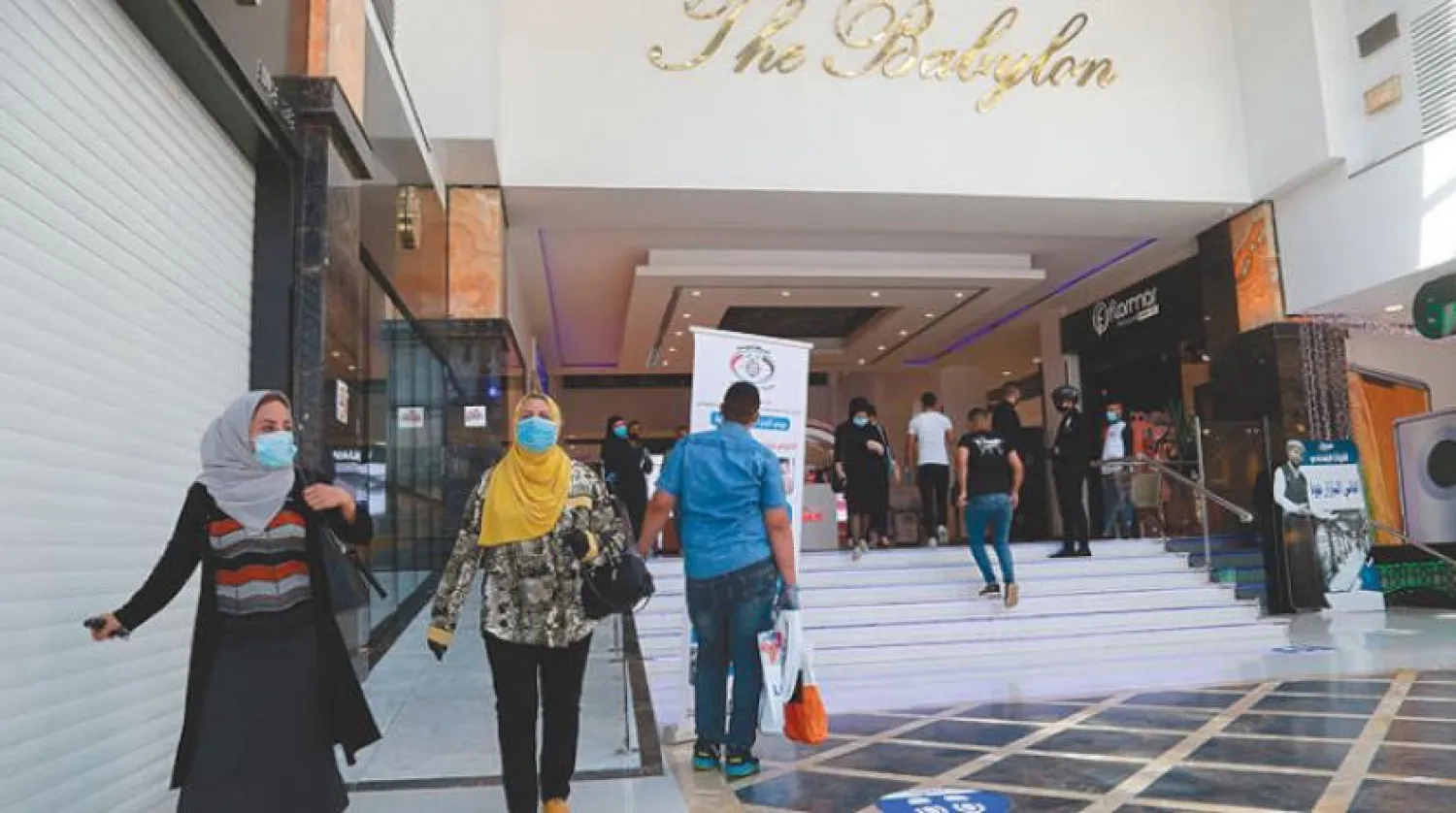Many employees in Iraq’s public sector institutions have expressed concern over not receiving their salaries before Eid al-Adha, on July 31, despite assurances given by Iraqi authorities in this regard.
This comes in light of the two-week delay in paying their salaries during the past three months due to the financial crisis caused by the coronavirus pandemic and the low oil prices.
This concern is common between Arab and Kurdish workers.
Kurdish journalist Saman Noah wrote in his personal blog on Facebook that employees are bearing without salaries as the holiday approaches.
“They might or may not receive their salaries for March, with 20 or 30 percent deduction,” he stressed.
“The market is seeing business stagnation before the holiday season, job opportunities are weak, unemployment is rising, many sectors are idle, such as tourism and services, many shops have closed and companies are going bankrupt.”
Finance Minister Ali Abdul Amir Allawi has issued directives to pay the employees their salaries, and the Rafidain Bank announced the distribution of salaries for employees in state ministries and institutions.
However, the Parliamentary Finance Committee said on Sunday it will receive Allawi this week to discuss reasons behind the delay in disbursing salaries for employees and retirees and in sending the 2020 fiscal budget.
The Committee is trying to open channels of communication with the Finance Ministry, which is not responding seriously to discuss many financial issues, the Committee’s Rapporteur Ahmed al-Saffar stated on Sunday.
He pointed out that the committee will discuss with Allawi, the Ministry’s undersecretary, and the director-general of the Accounting Department the reasons behind these delays, as well as the conditions of free lecturers’ salaries and contracts and other outstanding financial issues.
Discussions will be in detail to find solutions, he noted, adding that in case Allawi doesn’t attend, the committee will hold a meeting after Eid Al-Adha to take a decision in this regard.
According to statements by Allawi in June, if the government doesn’t resolve certain matters during this year, Iraq may face shocks it won’t be able to deal with.
He warned that “40 million Iraqis will have to submit to a tightening austerity policy that could last for two years.”
Although the parliament passed a bill in late June allowing the Finance Ministry to borrow money from internal and external sources, yet economic analysts believe that the financial issue will continue for the coming months, mainly due to the decrease in the country’s income from oil revenues.









